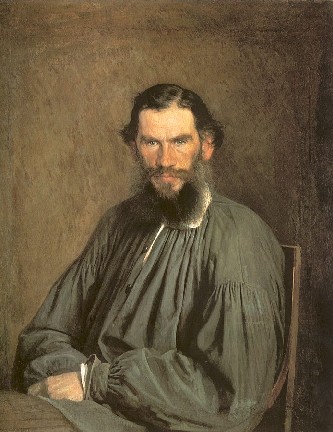
World Literature II Journal Questions

Leo Tolstoy, The Death of Ivan Ilyich--due via e-mail by noon on Monday, Aug. 28:
Why do you think Tolstoy starts this story with Ivan’s funeral and then gives us Ivan’s life in flashback, rather than going in strict chronological order, starting with Ivan’s birth? What are the attitudes of Ivan’s family and friends as we observe them at his funeral? Have you witnessed some of the same attitudes toward death in our own culture?
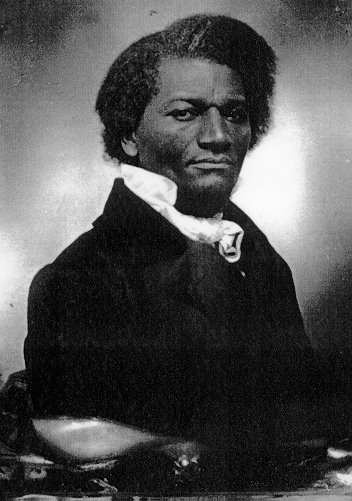
Frederick Douglass, Narrative of the Life--due via e-mail by noon on Monday, Sept. 11:
In
the era in which Douglass is writing, proponents of slavery in America offered
three main arguments in favor of their position: 1) The Bible justifies slavery
for those of African descent; 2) Africans are inherently mentally inferior to
those of European descent and thus need white masters to take care of them; 3)
Slaves are generally very well treated. In his first four chapters, in
what ways does Douglass refute all three of these arguments?

Alexander Pope, "An Essay on Man"--due via e-mail by noon on Monday, Sept. 25:
Pope
makes it plain that he believes in God. What
is his evidence for God’s existence? What does he see as a human being’s proper relationship to
God? Do you agree with him or not?
Why?
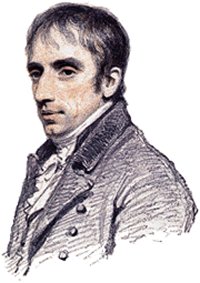
William
Wordsworth, "Lines Composed a Few Miles Above Tintern Abbey"
In
the second section of this poem--"These beauteous forms"
etc.--Wordsworth says that his memories of this spot in nature are precious to
him because they've given him three things. What are those things?
What sorts of places do you have significant memories of? What have those
memories given you--the same things that Wordsworth mentions, or some different
things?
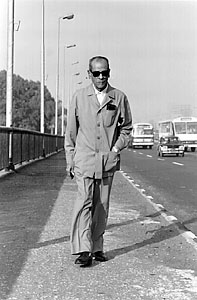
Naguib Mahfouz, "Zaabalawi"--due in class on Thursday, November 2
At
the beginning of “Zaabalawi,” the narrator’s father tells the narrator
that Zaabalawi is “a remover of troubles and worries” and that he [the
father] “would have died miserably” without him.
However, he also doubts that the narrator understands what he really
means by these statements. What do
you think his father does mean? On
the basis of what happens in the rest of the story, do you think the narrator
ever comes to understand his father’s meaning?
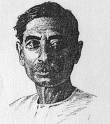
Premchand,
"The Road to Salvation"--due in class on Tuesday, November 14
Although
this story is saturated with Hinduism--the characters live by the caste system
and espouse religious principles, various gods are referred to, Buddhu is
punished for a religious offense by a religious authority--Premchand offers no
overt moral or message regarding what happens; it’s unclear whether he sees
Hinduism itself or hypocrisy in the practice of Hinduism as the source of the
troubles in this story. What’s your view on this matter—does Jhingur
and Buddhu’s behavior towards one another at the end of the story constitute
forgiveness and a clarified religious vision, in which case the title of the
story describes where they really are; or does that behavior, as one critic has
said, constitute ”just an instance of the resignation of defeated human
beings,” not “a moment of redemptive love or transcendent understanding,”
so that the title is ironic? Whichever
view you take, be sure to offer specific evidence from the story to support it.